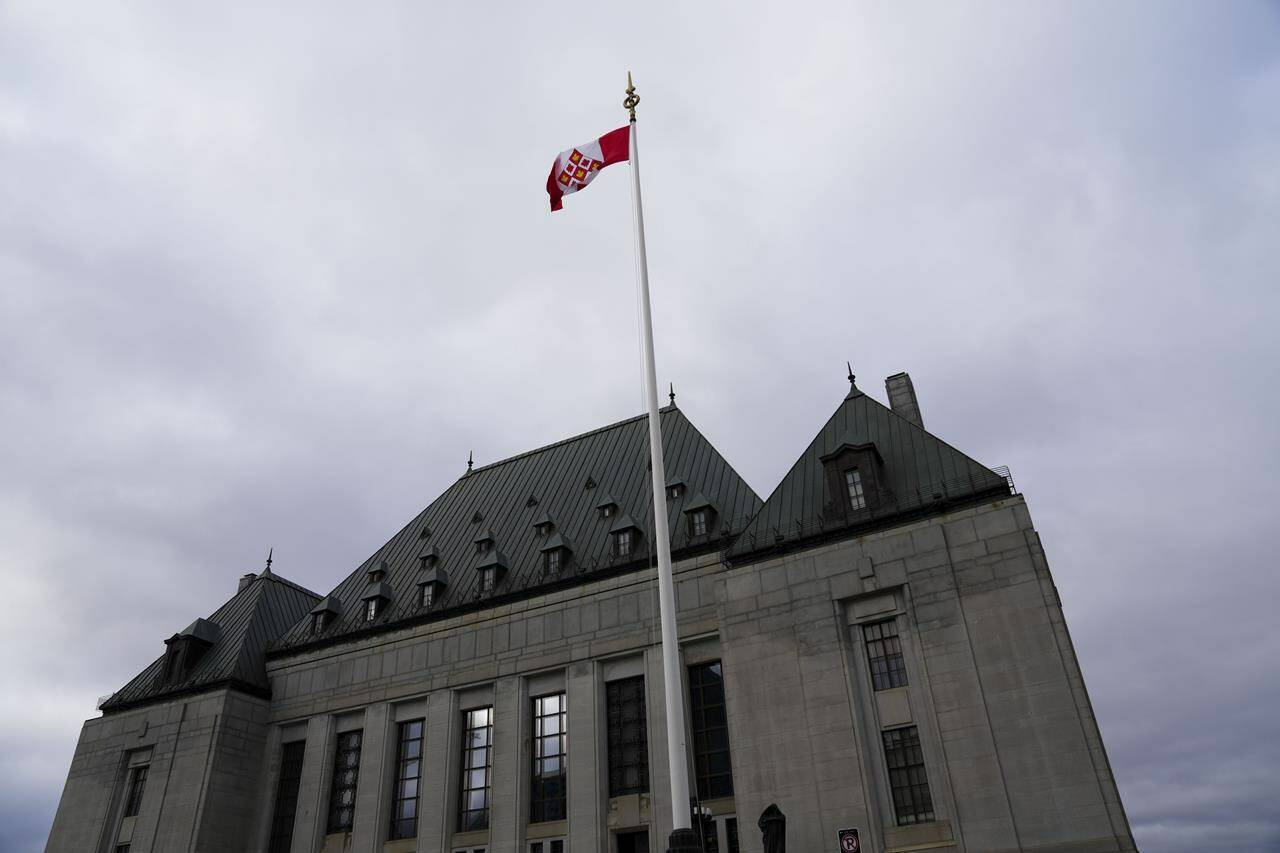The Supreme Court of Canada ruled Friday that the Northwest Territories education minister erred in refusing to allow students from five families to attend a French-language school.
The children didn’t have a constitutional right to attend a francophone school in the territory because they didn’t fit certain criteria, such as French being their mother tongue or the language of previous education.
But a francophone school board recommended they be admitted anyway to help promote the language.
The parents first requested the transfers in 2018 and 2019, but the minister denied them, kicking off a protracted court battle.
The Supreme Court’s unanimous decision says the territory’s government should have considered the preservation and development of minority language communities.
Justice Suzanne Côté wrote in the decision that “population growth in the minority language community helps to ensure its development and prevent its decline.”
She said admitting the children to the school would have helped prevent “cultural erosion.”
The minister put too much emphasis on the cost of admitting the students to the schools, the court found.
The minister also didn’t duly consider that the children involved already had a sound knowledge of French and significant ties to the francophone community, the decision said.
While the Supreme Court of the Northwest Territories sided with the parents and school board and set aside the minister’s decision, the territorial Court of Appeal restored it.
Friday’s final decision overturns that appeal decision.
The children in question have either since been admitted to the schools or no longer live in the territory.
Anja Karadeglija, The Canadian Press
READ MORE: Evidence admissible in drug case despite Canadian Charter concerns: Supreme Court

